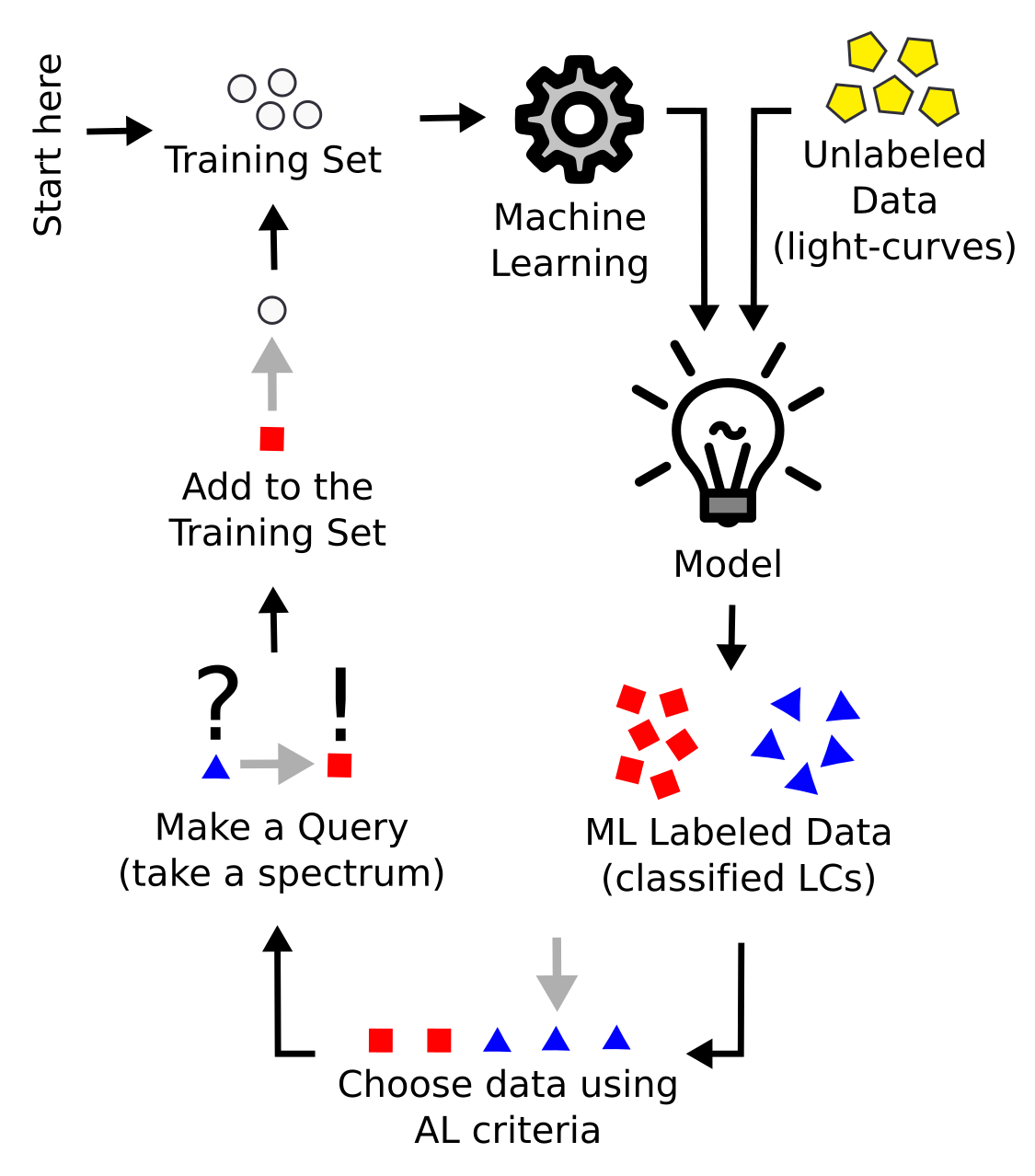Séminaires, soutenances
Adaptive Learning for 21st century astronomy - a tale of interdisciplinary proportions (HDR defense)
par
→
Europe/Paris
Amphi Recherche
Amphi Recherche
Description
The era of big data in astronomy lead to the application of machine learning techniques to large astronomical data sets. However, given peculiarities of astronomical data, machine learning models face a challenge due to a very expensive and time consuming labeling process. In this context, adaptive learning (or human-in-the-loop) techniques act as recommendations systems guiding the construction of optimal training sets. In this presentation, I will describe my efforts during the last ten, which were focus on developing adaptive learning environments for transient astronomy. Since this is an intrinsically interdisciplinary effort, such a narrative will cover the social context and history of the three main projects whithin which such efforts were implemented: COIN, SNAD and Fink.

